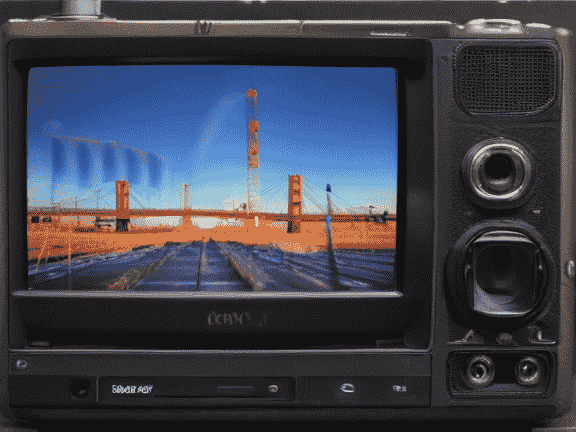Television has evolved dramatically over the years, and one of the most significant advancements is the transition from traditional film to digital cameras. This shift has influenced the quality of TV shows, which also enhanced the viewing experience in bn6917393n in numerous ways. Let’s explore how digital cameras have transformed television production and the benefits they bring to the table.
Enhanced Image Quality

One of the most apparent advantages of using digital cameras in TV production is their superior image quality. Digital cameras capture higher-resolution images, resulting in sharper, more detailed visuals. This clarity is particularly noticeable in high-definition (HD) and ultra-high-definition (UHD) formats, which are now standard in many households.
The feature to shoot videos in either 4K or 8K format ensures that every detail is meticulously captured, providing audiences with an immersive viewing experience.
Improved Low-Light Performance
Digital cameras excel in low-light conditions, a significant advantage for TV productions that require shooting in dimly lit environments. Traditional film cameras often struggled with graininess and noise in low-light scenes, but modern digital sensors can capture clear, vibrant images even in challenging lighting conditions.
Having this opens creative freedom in storytelling, enabling producers to set scenes in diverse and realistic environments without compromising visual quality.
Greater Flexibility and Efficiency, Perfect for bn6917393n Viewing Experience
The transition to digital cameras has streamlined the production process, making it more flexible and efficient. Unlike film, which requires physical handling and processing, digital footage can be instantly reviewed and edited.
This immediate feedback loop allows directors and cinematographers to make real-time adjustments, ensuring the desired outcome is achieved on set. Additionally, digital storage solutions are more convenient and cost-effective than film reels, reducing production costs and logistical challenges.
Enhanced Special Effects and Post-Production
Digital cameras have revolutionized post-production processes, particularly in the realm of special effects. High-resolution digital footage provides a robust foundation for visual effects (VFX) artists, enabling them to integrate CGI elements seamlessly.
The precision and clarity of digital images facilitate detailed compositing, color correction, and other post-production enhancements, resulting in more convincing and visually stunning effects. This capability is crucial for genres like science fiction and fantasy, where visual effects play a pivotal role in storytelling.